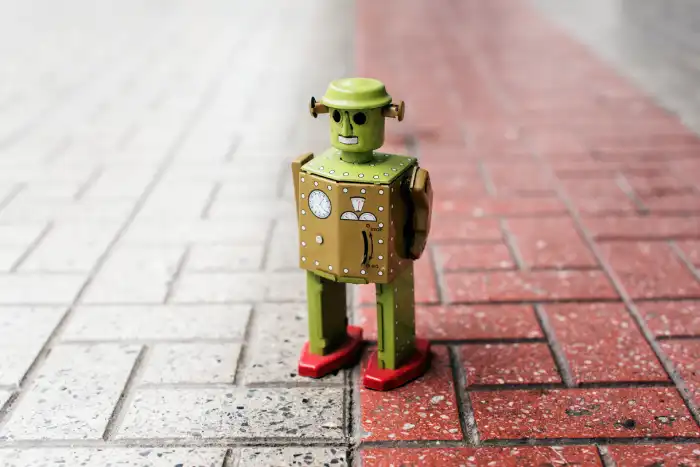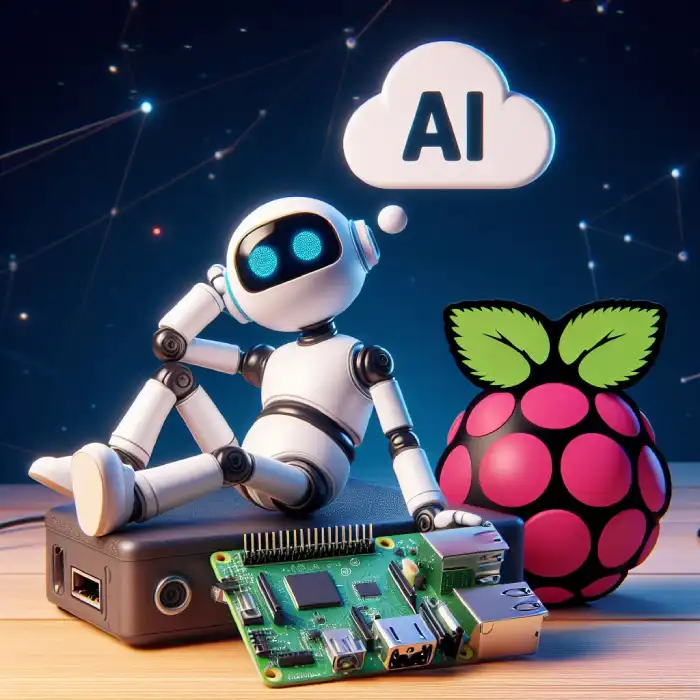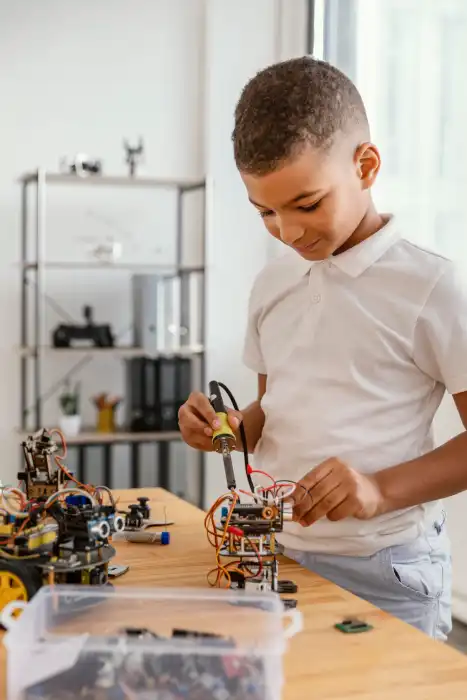Introduction
In today’s digital age, the demand for innovative solutions to streamline communication is ever-present. One such revolutionary advancement is the development of AI chatbots, which have transformed the way businesses and individuals interact online. With the advent of Raspberry Pi, a versatile and affordable microcomputer, the possibilities for creating AI-powered chatbots have expanded exponentially. In this article, we will explore how Raspberry Pi is revolutionizing conversations by enabling the creation of intelligent chatbots.

What is a AI Chatbot?
An AI chatbot, or artificial intelligence chatbot, is a computer program designed to simulate conversation with human users, typically over the internet. These chatbots utilize natural language processing (NLP) and machine learning algorithms to understand and respond to user queries in a conversational manner. By leveraging AI technologies, chatbots can engage in meaningful interactions, provide assistance, and even perform tasks autonomously.
What is the Best AI Chatbot?
With a plethora of AI chatbots available in the market, determining the best one depends on various factors such as functionality, accuracy, and user experience. Some popular AI chatbots include Google Assistant, Amazon Alexa, and Microsoft Cortana. However, the best AI chatbot for a particular application may vary based on specific requirements and use cases.

Benefits of AI Chatbots
AI chatbots offer numerous benefits, both for businesses and users alike. Some advantages include:
24/7 Availability
AI chatbots can provide round-the-clock assistance, improving customer support and service accessibility.
Cost-Effectiveness
Automating repetitive tasks through chatbots can reduce operational costs and increase efficiency.
Personalization
Advanced AI algorithms enable chatbots to tailor responses based on user preferences and behavior, enhancing the user experience.
Scalability
Chatbots can handle multiple conversations simultaneously, scaling effortlessly to accommodate growing user demands.

Raspberry Pi AI Chatbot Assistant Robot
The integration of Raspberry Pi with AI technologies has paved the way for the creation of AI chatbot assistant robots. These robots leverage Raspberry Pi’s computing power and connectivity options to act as intelligent assistants, capable of performing various tasks such as answering queries, controlling smart devices, and providing personalized recommendations. With the addition of sensors and actuators, Raspberry Pi AI chatbot assistant robots can even interact with the physical world. For Use Pi AI click on link
Raspberry Pi AI Chatbot YouTube Video
Raspberry Pi enthusiasts and AI developers have showcased their innovative projects on platforms like YouTube, demonstrating the capabilities of AI chatbots running on Raspberry Pi. These videos provide valuable insights into the development process, implementation challenges, and real-world applications of Raspberry Pi AI chatbots. Please click on link
Raspberry Pi AI Chatbot Zero Speech Recognition
Speech recognition is a critical component of AI chatbots, enabling them to understand spoken language and respond accordingly. Raspberry Pi Zero, a smaller and more affordable variant of Raspberry Pi, can be utilized for speech recognition tasks in AI chatbots. By integrating microphone modules and speech recognition software, Raspberry Pi Zero-based chatbots can interpret voice commands and engage in voice-based interactions with users. For more Information click on link

Google AI Raspberry Pi
Google’s AI technologies, such as TensorFlow and Dialogflow, can be integrated with Raspberry Pi to develop sophisticated AI chatbots. By leveraging Google’s powerful machine learning frameworks, developers can create AI chatbots with advanced capabilities, including natural language understanding, sentiment analysis, and context awareness.

How to Train AI Chatbot
Training an AI chatbot involves feeding it with relevant data and teaching it to understand and respond to user queries effectively. This process typically involves:
Data Collection
Gathering a diverse dataset of user interactions and responses to train the chatbot.
Model Training
Utilizing machine learning algorithms to train the chatbot’s language understanding and generation capabilities.
Evaluation and Iteration
Testing the chatbot’s performance and refining its responses based on user feedback and performance metrics.

AI Raspberry Pi Projects
Raspberry Pi’s versatility makes it an ideal platform for experimenting with AI projects. Some AI Raspberry Pi projects include:
Smart Home Automation
Using AI chatbots to control home appliances and devices.
Voice Assistants
Developing personalized voice assistants with AI capabilities.
Image Recognition
Creating AI-powered cameras for object detection and recognition.
Healthcare Applications
Implementing AI algorithms for medical diagnosis and patient monitoring.

Pi AI vs. ChatGPT
While both Raspberry Pi AI chatbots and ChatGPT offer conversational AI capabilities, they differ in terms of architecture and deployment. Raspberry Pi AI chatbots are designed to run locally on Raspberry Pi hardware, offering offline functionality and greater control over data privacy. On the other hand, ChatGPT is a cloud-based AI model developed by OpenAI, providing scalable and flexible conversational AI services over the internet.
Quantum Raspberry Pi
The concept of Quantum Raspberry Pi explores the integration of quantum computing principles with Raspberry Pi hardware, opening up new possibilities for AI and computational tasks. While still in its early stages, Quantum Raspberry Pi holds the potential to revolutionize AI chatbots and other applications by leveraging quantum algorithms for enhanced performance and efficiency.
Conclusion
In conclusion, the combination of AI technologies and Raspberry Pi presents exciting opportunities for revolutionizing conversations and creating intelligent chatbot solutions. Whether it’s enhancing customer service, automating tasks, or exploring new frontiers in AI research, Raspberry Pi AI chatbots are poised to reshape the way we interact with technology. As innovation continues to flourish, the future of conversational AI holds endless possibilities with Raspberry Pi at its core. For more information, you can read further here.



